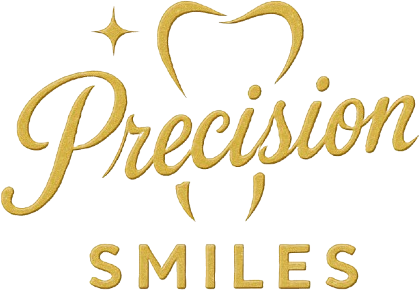General Dentistry: How Tongue and Lip Piercings Can Affect Your Teeth

When it comes to general dentistry, patients often learn some fascinating things. Along with the various procedures a dentist performs, dental professionals spend time educating people. Take tongue and lip piercings as an example; you may not realize that these can negatively affect your teeth.
The beginning of a trend
Although tongue and lip piercings were part of ancient civilization, these became a fad in the 2000s. Throughout North America, people were going wild over this hot trend.
Since then, the number of people getting tongue and lip piercings has dwindled somewhat. Even so, it is not uncommon to see someone with one or both. To some people, these piercings look cool. For others, they seem silly. Regardless of a person’s opinion, there is a risk involved for teeth.
How can piercings harm teeth?
One of the biggest concerns among professionals in general dentistry is damage to tooth enamel. Even if someone has a plastic piercing rather than metal, it can chip or crack a tooth. Something as simple as biting down too hard on food could prove disastrous. If a tooth becomes chipped or cracked, there is a chance of nerves becoming exposed.
Another issue is that some piercings can rub against the gums. Over time, that can cause scrapes and tears that become infected. There is also a risk of a piercing scraping the mouth. That can cause abrasions, which could lead to an infection.
When dealing with exposed nerves or abrasions, an individual would likely suffer from pain. Anyone interested in getting a tongue or lip piercing should have the work done by a professional. Sterilization and the proper technique are critical. Otherwise, there could be problems for the individual down the line.
Visiting a general dentistry clinic
For someone with one or both types of piercings, a dentist would probably ask the individual to remove them. Otherwise, the piercings could interfere with a general dentistry procedure. Even for something as simple as having a cavity filled or a tooth extracted, a dentist cannot have any obstructions. If a patient undergoes oral surgery, there is a good chance they would need to leave the piercings out for some time. That could cause the hole to close.
If an emergency arose whereby an oral surgeon had to intubate a patient, jewelry would create a major problem. Fortunately, seldom does something like that happen with general dentistry. Regardless, dentists want to ensure that no harm comes to their patients. That means they will require not having tongue or lip piercings in at the time of a procedure.
Think twice
While there is nothing wrong about lip and tongue piercings, you might want to think twice before getting one. Especially if you take pride in your smile, you want to avoid an issue. If you have a piercing and have developed a problem, contact your dentist. Usually, one that practices general dentistry can help.
Request an appointment here: https://precisionsmiles.net or call Precision Smiles. at (201) 204-1355 for an appointment in our Hackensack office.
Check out what others are saying about our services on Yelp: Read our Yelp reviews.
Related Posts
Invisalign® can help you reach your smile goals. This teeth-straightening system can also relieve other problems from misalignment. Knowing if you are a good candidate can help you prepare for your treatment. Here are the details on determining if you are a good candidate for Invisalign.Clinical studies show that age is a significant factor in…
Teeth-straightening with Invisalign® aims to improve your bite and smile. Straight teeth are more stable and easier to maintain. You can also reap many benefits in your career and social life with straighter teeth. Understanding the process can prepare you well for your first day of treatment. Here are some Invisalign FAQs to ask your…
Invisalign® is one of the most revolutionary orthodontic treatments available. This option serves as a clear, discreet way to correct dental misalignments. Invisalign aligners are customized to fit the teeth and are a lot less intrusive compared to conventional braces. The subtlety and convenience of Invisalign have made it a popular choice, particularly for adults…
If you find yourself with TMJ, you need to head to a TMJ dentist immediately. TMJ, or temporomandibular joint dysfunction, is a serious condition of the jaw that can cause everything from pain and irritation to complete inability to move the jaw. This condition can grow more serious by the day, so if you are…

